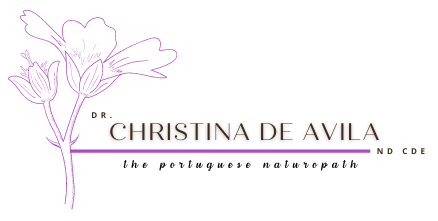Hormonal Health

Our Approach

Comprehensive Assessment
Thorough overview assessing your nutritional intake, engagement in physical activity, sleep quality and quantity, stress levels, and coping strategies. We will also discuss your medical and family history, current medications and supplements, and conduct a focused physical exam.

Routine & Specialized Testing
Serum hormone investigations (FSH, LH, estradiol, progesterone, testosterone, DHEA-S), metabolic parameters (fasting glucose, HbA1C, fasting insulin, HOMA-IR), and vitamin status (B12, ferritin, and vitamin D) are important to consider and should be tracked with ongoing care.

Personalized Treatment Plan
Nutritional recommendations in conjunction with botanical formulations and nutraceutical supplementation will address the identified underlying root cause and restore hormone balance.
Hormones are chemical messengers that act on different aspects of bodily functions and processes. These include our sex hormones (estrogen, progesterone, and testosterone), appetite regulating hormones (ghrelin and leptin), and metabolic hormones (insulin, glucagon, GLP-1, epinephrine, and cortisol).
Common Hormone Related Complaints
Premenstrual Syndrome (PMS)
Symptoms including breast tenderness, changes in mood (weepiness, tendency towards anxiety and/or low mood), cravings (sweet, salty), acne, and digestive complaints (bloating, diarrhea,constipation) occurring in a cyclic pattern up to a week prior to flow. This can be a sign of an underlying hormone imbalance such as estrogen dominance.
PCOS
Polycystic ovarian syndrome (PCOS) is the most common reproductive endocrine disorder impacting 5-10% of women. The primary features of PCOS include irregular menstrual cycles, polycystic ovaries, acne, hirsutism (excessive hair growth), and infertility. There are four types: post-oral contraceptive, inflammatory, adrenal, and insulin resistant.
Peri/Menopause
This is the time during which the body makes the natural transition to menopause, marking the end of reproductive years. Menstrual cycles may become more sporadic, heavier or lighter in nature and once a full year has lapsed without a menstrual cycle a woman is deemed to have reached menopause. Symptoms can include vasomotor episodes (hot flashes), night sweats, sleep disturbances, weight gain, decrease in libido, fatigue, and changes in emotional health and wellbeing.

 647 551 2898
647 551 2898